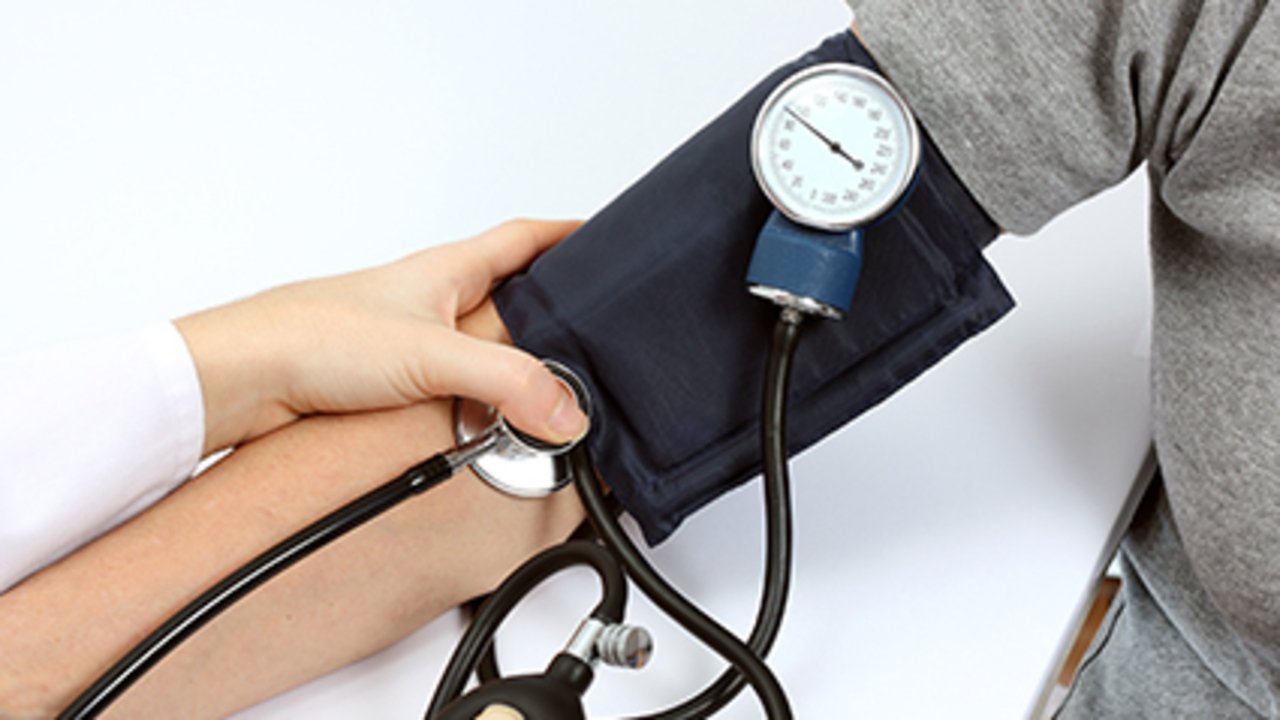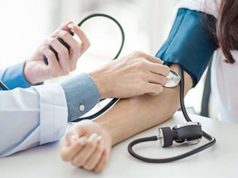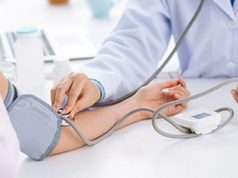Mean diastolic and systolic BP were higher at one hour for unfiltered drives versus drives in vehicle with HEPA filter
By Elana Gotkine HealthDay Reporter
MONDAY, Nov. 27, 2023 (HealthDay News) — Filtration of traffic-related air pollution (TRAP) may mitigate its adverse effects on blood pressure, according to a study published online Nov. 28 in the Annals of Internal Medicine.
Michael T. Young, M.P.H., Ph.D., from the University of Washington in Seattle, and colleagues conducted a randomized crossover trial involving in-vehicle scripted commutes driven through traffic in Seattle among 16 normotensive persons aged 22 to 45 years (mean age, 29.7 years). On-road air was entrained into the vehicle on two days; the vehicle was equipped with high-efficiency particulate air (HEPA) filtration on another day. Before, during, and up to 24 hours after a drive, 14 three-minute periods of blood pressure were recorded.
Predrive blood pressure was 122.7/70.8 mm Hg; drive duration was 122.3 minutes. The researchers found that among 13 participants with complete data, mean diastolic blood pressure at one hour was 4.7 mm Hg higher for unfiltered drives versus filtered drives, adjusting for predrive levels, order, and carryover; mean adjusted systolic blood pressure was 4.5 mm Hg higher. At 24 hours, adjusted mean diastolic and systolic blood pressure were 3.8 and 1.1 mm Hg higher, respectively, for unfiltered drives. In unfiltered drives, the adjusted mean image-based central retinal arteriolar equivalent was 2.7 µm wider.
“Our study reinforces existing literature suggesting that traffic-derived particulate matter may be implicated in hypertension,” the authors write.
Abstract/Full Text (subscription or payment may be required)
Copyright © 2023 HealthDay. All rights reserved.








